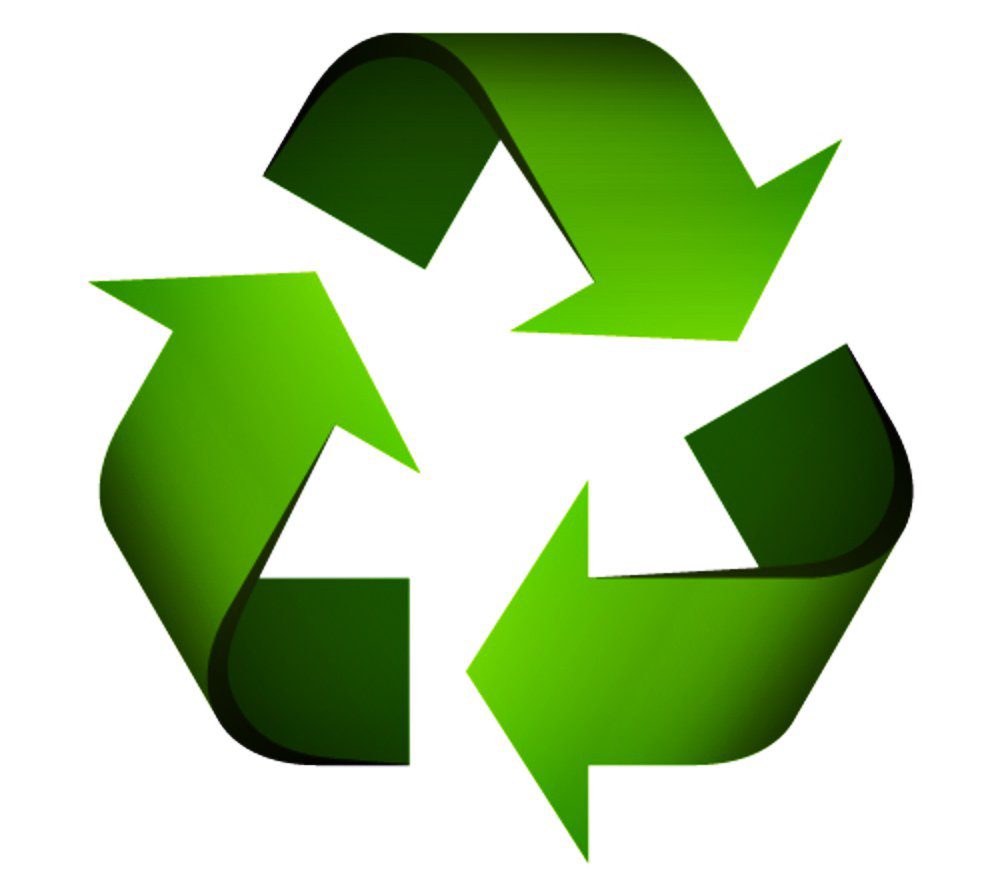Menu

But not all plantation shutters are the same. They come in different heights, materials, and layers. The three materials most commonly used for shutters are wood, vinyl, and composite. Each material has its advantages and benefits.
Vinyl plantation shutters are made of polyvinyl chloride plastic, otherwise known as PVC. This is a lightweight material that’s significantly less expensive than wood, making vinyl a more cost-effective option for most homes.
Vinyl is durable, able to resist scratches and marks that might otherwise mark the normal wooden shutter. It is also highly resistant to humidity, wet weather, and water. This means that it can be the perfect choice for environments where condensation gathers, such as your kitchen or bathroom.
Despite its plus points, vinyl is not best suited for covering larger windows.
The most common plantation shutter is the wood plantation shutter, but as with all wood furniture, wooden shutters need to be looked after and maintained. Wood is significantly stronger than vinyl, making it a better fit for long, single units that don’t require any additional supports. The natural aesthetic of wood is a major selling point.
While wood takes more work to maintain, it is also a lot more versatile than vinyl. It can be repainted and re-varnished anytime you want to change the look or colour.
There are a lot of different woods to choose from, each with its own properties, strengths, and weaknesses. Oak, cedar, and basswood are often the preferred choices for shutters.
If you’re looking for a middle ground between wood and vinyl, then composite plantation shutters are the shutter for you. They are made from imitation wood, which is a mix of grains, alongside wax, to give it a very similar strength to pure wood but at a lower cost. This imitation wood is then covered with PVC, the same material vinyl shutters are made from.
Composite plantation shutters have a mix of both the other options’ qualities. They are sturdy and have the same structural integrity as wooden shutters. They also have the waterproof, humidity-resistant qualities of vinyl and are easy to maintain. It’s a cost-effective alternative to wood, but composite does have a few weaknesses. Composite shutters can’t be repainted or redesigned and they lack the authentic appeal of wood. But if you are looking for a contemporary look, these are the ideal shutters for you.
Kevin Addington is the founder of Diamond Shutters. He has more than 20 years’ experience in the purpose-made joinery sector. Kevin launched his company in 2008, and along with his team, has become one of the leading shutter installers in London and the South East, supplying and fitting window shutters for domestic and commercial customers.
“Diamond shutters are committed to an eco friendly environment and all the cardboard we use through our manufacturing process is fully recyclable.”



FINANCE STATEMENT
Any late or missed repayments may have serious consequences and your credit rating may be affected which could make it more difficult to obtain credit in the future. Offered subject to status and successful credit assessment.
Interest Free Options available please contact us for further details.
Diamond Shutters Ltd trading as Diamond Window Shutters acts as a credit broker and not a lender, offering credit products provided by Specialist Lending Limited (trading as Duologi). Diamond Shutters Ltd is a limited company registered in England and Wales under number 05403049 at the registered address: 132 Station Road, Sidcup, DA15 7AB
Copyright © 2024 Diamond Window Shutters | Web Design By Smoking Chili Media